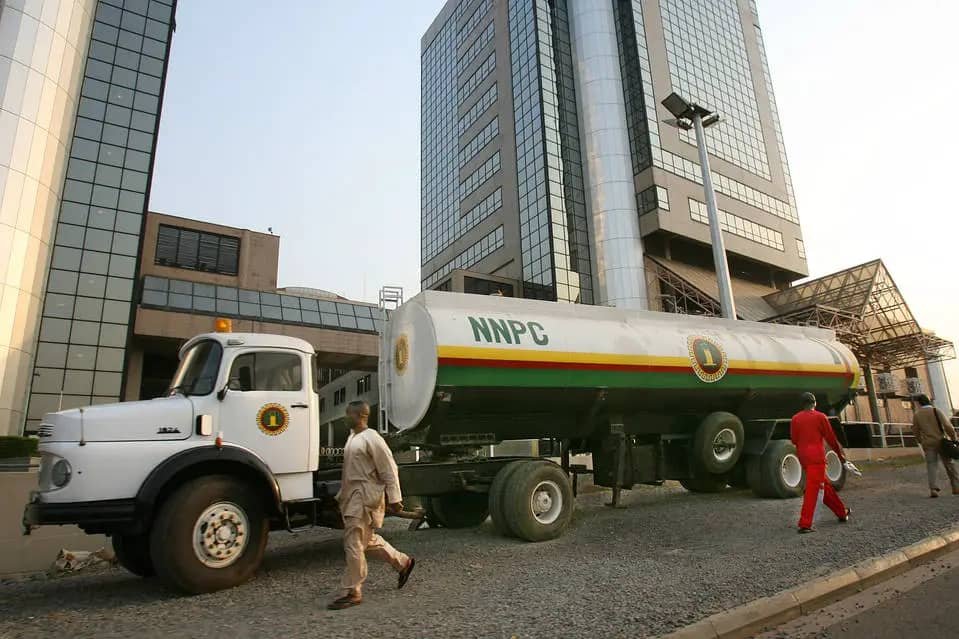The Nigerian Coalition of Civil Society Organisations, NICOCSO, has moved to address concerns regarding the Nigerian National Petroleum Company Limited, NNPCL’s recent decision to import over 1.6 billion litres of Premium Motor Spirit, PMS.
As contained in a joint release signed by Segun Adebayo, the National Spokesperson of the group and Benjamin James, National Co-ordinator, the move sparked criticism from civil society groups, citing potential negative impacts on the country’s economy and local refining capabilities.
At their conference on Tuesday, NICOCSO representatives highlighted the decision to import such a significant volume of PMS as a deliberate move to undermine Nigeria’s local refining potential, cripple the economy, and worsen the economic hardships faced by ordinary Nigerians.
The group expressed concerns about the undue pressure this importation places on Nigeria’s foreign exchange reserves, further depreciating the Naira and leading to higher inflation.
Of particular concern was the reported substandard quality of the imported PMS, which has been linked to vehicle damage and increased maintenance costs for Nigerian consumers. NICOCSO emphasized the negative impact of poor-quality fuel on livelihoods in a country abundant in crude oil resources.
NICOCSO outlined several demands in response to the NNPCL’s decision, including accountability for past investments in refinery repairs, setting operational timelines for Nigeria’s dormant refineries, and ending excuses that hinder the growth of local refining initiatives.
The group called for immediate action by President Bola Ahmed Tinubu to address the situation, urging the halt of the importation of 1.6 billion litres of PMS and the dismissal of NNPCL leadership responsible for the decision.
Should their demands not be met, NICOCSO threatened to organize nationwide protests on Monday, 18th November 2024, in Abuja and other states. The civil society group urged Nigerians to join them in demanding accountability, transparency, and policies that support local industries.
In conclusion, NICOCSO emphasized that the NNPCL’s decision to import PMS on a large scale could undermine Nigeria’s national interest, weaken the economy, and delay progress towards energy independence.
The civil society group reiterated its commitment to ensuring that public resources are utilized in the best interest of the people and called on all Nigerians to hold the NNPCL and its leadership accountable for their actions.

